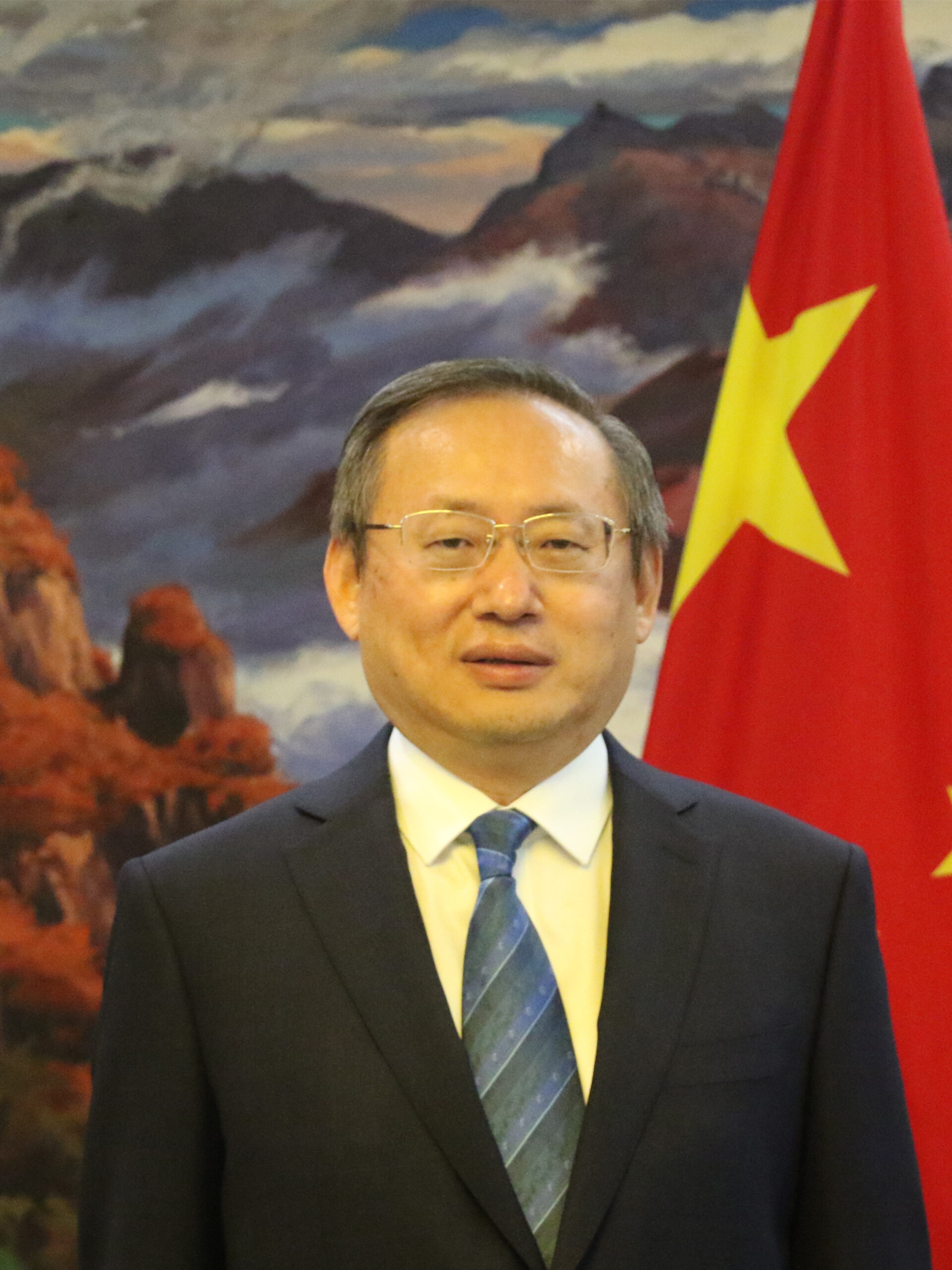Lately, the United States government, in disregard of widespread opposition from the international community, announced the imposition of “reciprocal tariffs” on all trading partners. This includes even the remote, completely uninhabited Subantarctic islands, home to penguins and seals. Notably, the additional tariffs imposed on China have risen from 34% to 84% and reached as high as 125%.
Many countries have expressed dissatisfaction and opposition to the US’ unilateral bullying behavior.
The Chinese government has released a white paper titled “China’s Position on Certain Issues in China-US Economic and Trade Relations” and has taken necessary countermeasures to firmly safeguard its legitimate rights and interests in accordance with the fundamental principles of international law and relevant laws and regulations.
China’s attitude is very clear: if the United States decides not to care about the interests of the US itself, China and the rest of the world, and is determined to fight a tariff and trade war, China’s response will continue to the end.
New Zealand Prime Minister Christopher Luxon noted that the tariffs are a shift away from agreed rules and raises the risk of a global trade war, which is in nobody’s interest and will slow global growth and hurt jobs. I fully agree with his point of view that “free trade is worth fighting for”.
The rationale for imposing “reciprocal tariffs” are absurd and untenable.
The US claims that it is “at a disadvantage” because of the huge trade deficit in goods, but such argument is a serious distortion of the nature of international trade. The US, as the leader and dominant player in the global multilateral trading system since World War II, is also one of the biggest beneficiaries. Indeed, the US has a trade deficit in goods, but it is due to its economic structure, the comparative advantages of various countries and the pattern of international cooperation.
When it comes to trade in services, however, the US is not only the world’s largest exporter of services but also has a trade surplus of nearly US$300 billion. Should we also apply the US logic by accusing the US of taking advantage of the whole world in service trade? The US’s aggrievance on “trade imbalance” and “trade deficits” are biased and confusing. As for the so-called “reciprocal tariff rate” calculated by dividing the trade deficit with trade volume, it makes no sense at all.
While the underlying logic of “reciprocal tariffs”is “America first”, America finds itself the first to bear the brunt.
Since the US launched the destructive weapon of “reciprocal tariffs”, the Wall Street has been all in mourning, American supermarkets have been in short supply, and protests and demonstrations have been held in all 50 American states. Research by American think tanks shows that due to the price transmission after the imposition of tariffs, US consumers and businesses will ultimately bear more than 90% of the tariff costs, and the average annual spending of American households will increase by thousands of dollars.
Lawrence Summers, former US Treasury Secretary, argued that the tariff plans by the current administration exceed even those of 1930 that “made the depression great”. Goldman Sachs raised the odds of a US recession to 45% from 35%. History and facts have proven that the increase in tariffs will eventually backfire and harm the well-being of the American people.
“Reciprocal tariffs” have caused turmoil and unrest in the global market.
Today, global economies are highly interdependent. We are all in the same boat, and no country can be immune to the influence of the rest of the world. New Zealand, an economy heavily dependent on international trade, is particularly sensitive to changes in the trade environment.
Many economists and market participants are worried that the United States will frequently wield the stick of tariffs against its major trading partners, prompting relevant countries to take countermeasures, and ultimately all economies will suffer losses. Former Reserve Bank of New Zealand economist Michael Reddell said it could take five to ten years before the entire world adjusts itself to Donald Trump’s tariffs.
No matter how the international landscape evolves, China’s economy has a solid foundation and sufficient driving forces for steady growth against the odds.
With a solid foundation built up from sustained rapid development, a super-sized market, a complete industrial system and more importantly, the concerted efforts of the 1.4 billion people, China has the confidence and capability to address various risks and challenges. External shocks cannot change China’s economic fundamentals with a stable foundation, numerous strengths, remarkable resilience and vast potential. Nor can they change the consistent trend of China’s steady progress in pursuing high-quality development and robust growth of new quality productive forces.
Trade wars have no winners, and protectionism offers on way out. China is willing to work with all parties to jointly safeguard an international economic and trade order of fair competition, jointly oppose all forms of unilateralism and protectionism, practice true multilateralism, join hands in resisting risks and challenges, promote a universally beneficial and inclusive economic globalization, and inject much-needed certainty into the world economy. – Consul-General Chen Shijie


